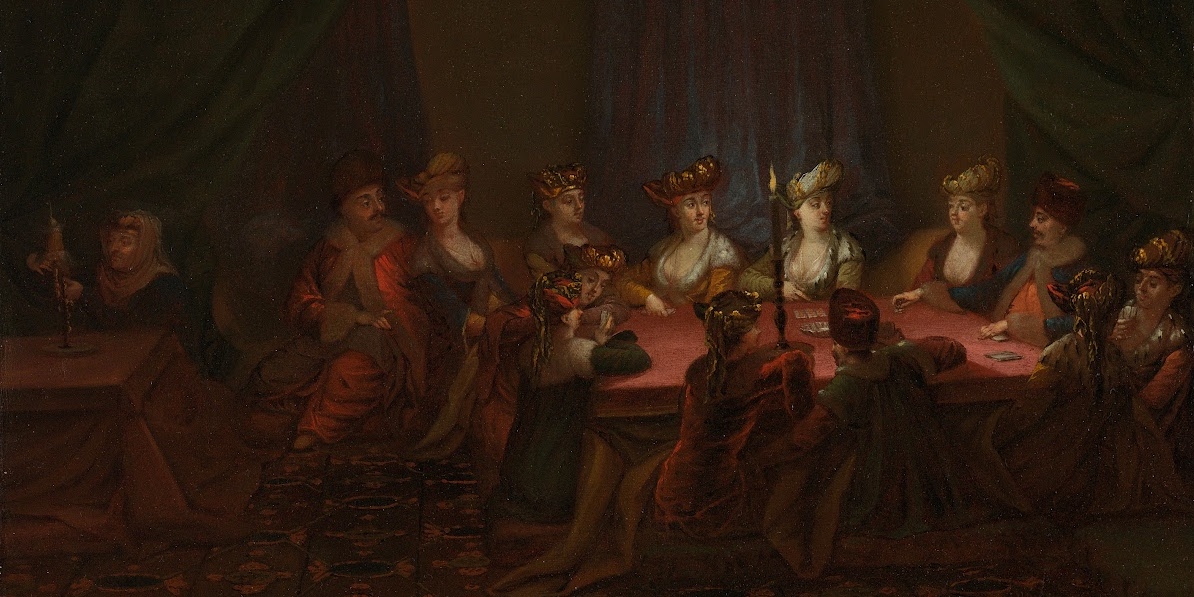Corsairs and the Ottoman Mediterranean
with Emrah Safa Gürkan
hosted by Chris Gratien
Much like pirates, corsairs performed raids on coastal populations and interrupted shipping in the Mediterranean. However, unlike pirates, corsairs had the legal backing of sovereign states from among both the Ottomans and their European rivals who sponsored corsair activities in maritime borderland regions such as North African and the Eastern Mediterranean. In this episode, Emrah Safa Gürkan discusses the role of these go-betweens in the early modern world and suggests new ways of thinking about corsairs outside of the Christianity vs. Islam dichotomy.
Note: this podcast has replaced original Ep. #1 of same title
Emrah Safa Gürkan is a recent Ph.D. from the department of history at Georgetown University currently teaching at Bahçeşehir University in Istanbul (see academia.edu)
Chris Gratien is a PhD student studying the history of the modern Middle East at Georgetown University (see academia.edu)
Citation: "Corsairs and the Ottoman Mediterranean," Emrah Safa Gürkan and Chris Gratien, Ottoman History Podcast, No. 76 (October 26, 2012) http://www.ottomanhistorypodcast.com/2011/04/ottoman-mediterranean-corsairs-with.html
Select Bibliography:
 |
| A French Ship and Barbary Pirates Aert Anthonisz c. 1615 http://collections.rmg.co.uk/collections/objects/12201.html |
Murādī, Ġazavāt-i H̲ayreddīn Paşa, MS 2639 Istanbul University Library.
Francisco Lopez de Gomara, Crónica de los Barbarrojas, in Memorial histórico español: Collección de documentos, opúsculos y antigüedades (Madrid: la Real Academia de la Historia, 1853): 351-539.
Diego de Haedo, Topografía e Historia General de Argel (Madrid: La Sociedad de Bibliófilos Españoles, 1927), 3 vols.
Secondary sources
İdris Bostan, Adriyatik’te Korsanlık: Osmanlılar, Uskoklar, Venedikliler, 1575-1620 (İstanbul: Timaş Yayınları, 2009)
Nicolas Vatin, L'Ordre de Saint-Jean-de Jérusalem, l'Empire ottoman et la Méditerranée orientale entre les deux sièges de Rhodes, 1480-1522 (Paris: Peeters, 1994).
Catherine Wendy Bracewell, Uskoks of Senj: Piracy, Banditry, and Holy War in the Sixteenth-Century Adriatic (Ithaca: Cornell University Press, 1994).
Salvatore Bono, Corsari nel Mediterraneo: Cristiani e musulmani fra guerra, schiavitù e commercio (Milano: Mondadori, 1993).
Rinaldo Panetta, Pirati e corsari turchi barbareschi nel Mare Nostrum: XVI secolo (Milano: Mursia, 1981).
Salvatore Bono, I corsari barbareschi (Torino: ERI-Edizion RAI Radiotelevisione Italiana, 1964).
Alberto Tenenti, “I corsari nel mediterraneo agli inizi del cinquecento”, Rivista Storica Italiana, 72/2 (1960): 235-289.
Stanley Lane-Poole, and J. D. Jerrold Kelley. The Story of the Barbary Corsairs (New York: Putnam, 1890).
Jurien de la Gravière, Les Corsaires Barbaresques et la Marine de Soliman le Grand (Paris: Librairie Plon, 1887).
Emrah Safa Gürkan, “The Center and the Frontier: Ottoman Cooperation with the North African Corsairs in the Sixteenth Century”, Turkish Historical Review, 1/2 (2010), pp. 125-163.
Episode Music: Şevval Sam - Giresun Kayıkları










Comments
I was wondering if the piracy was an issue or was it because the Ottoman empire had become too weak to defend its territory? If im not mistaken France was an ally of the turks even during WW1
Post a Comment
Due to an overwhelming amount of spam, we no longer read comments submitted to the blog.